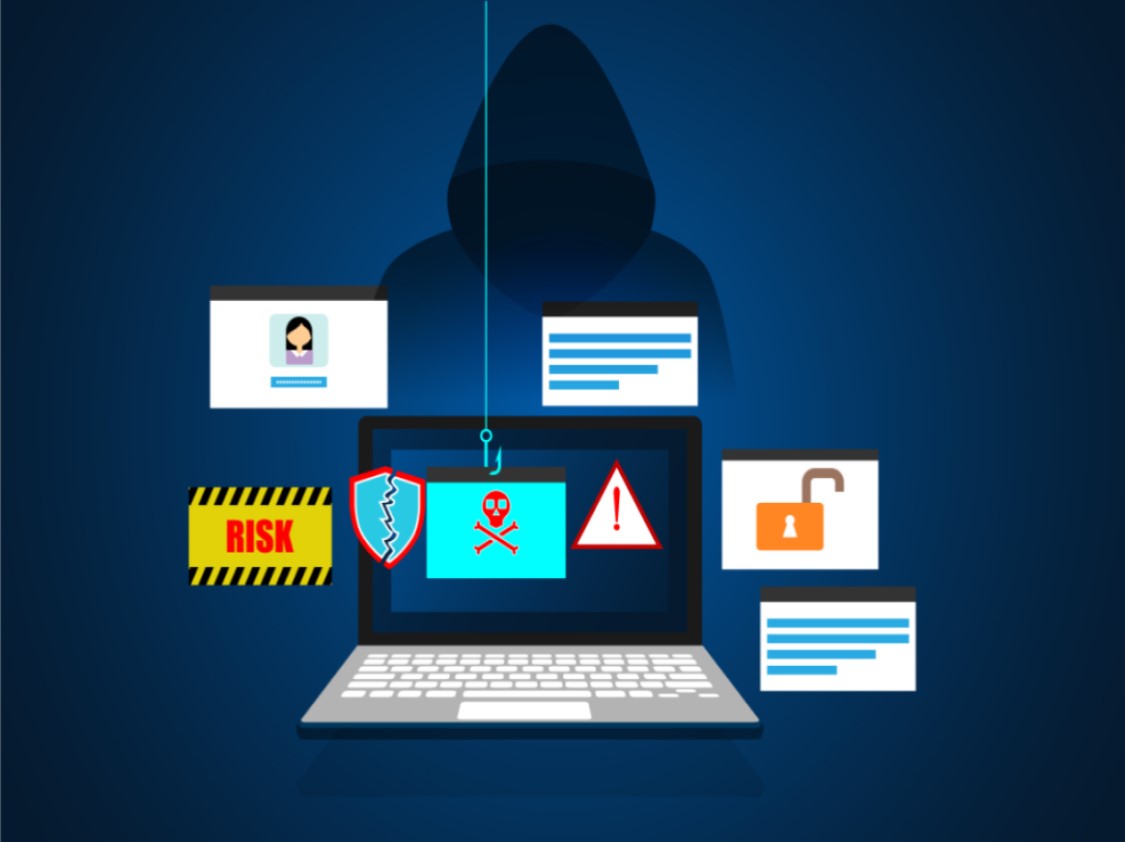The rise of artificial intelligence (AI) has sparked intense debate in cybersecurity circles. Is AI a transformative ally for security teams or a double-edged sword that magnifies risks?
In our recent webinar, we tackled this complex question and explored how small and mid-sized businesses (SMBs) can navigate the challenges and opportunities AI presents.
How SMBs can be better prepared
SMBs face mounting cybersecurity challenges. Economic pressures, talent shortages, and rapidly evolving threats demand innovative solutions. AI offers promise, particularly in automating repetitive tasks, such as log analysis and threat detection. For resource-constrained SMBs, this can free up teams to focus on strategic initiatives.
However, adopting AI is not without hurdles. To be prepared, SMBs need to:
- Develop a clear strategy: Lack of a cohesive plan for AI adoption is a major barrier. Define goals, risks, and implementation processes upfront.
- Train teams: Equip staff with the skills to integrate and manage AI solutions effectively.
- Invest wisely: Ensure AI tools are relevant to your industry and threat landscape. For example, a healthcare SMB requires solutions tailored to its unique vulnerabilities.
A double-edged sword
AI is both a boon and a bane. On the one hand, it provides powerful tools to detect anomalies, neutralise threats in real time, and improve operational efficiency. On the other, it introduces new risks, such as adversarial attacks and ethical dilemmas.
Top AI benefits for SMBs:
- Automated threat detection and response
- Enhanced efficiency through machine learning-driven insights
- Scalability to adapt to growing cybersecurity needs
Key risks:
- AI-generated threats, such as deepfake phishing
- Lack of explainability in AI decisions, undermining trust
- Over-reliance on AI, leading to alert fatigue and missed threats
Red team vs. blue team: AI’s role in attack and defence
AI has revolutionised the classic cybersecurity battle between attackers (red teams) and defenders (blue teams). Cybercriminals leverage AI to create advanced threats, including polymorphic malware and deceptive phishing campaigns. In response, AI-powered defences must detect and mitigate these threats faster than they evolve.
A notable innovation is generative adversarial networks (GANs), which pit two neural networks against each other to create and detect synthetic data. While attackers use GANs to generate convincing deepfakes, defenders employ them to identify fraudulent activity.
The difference between AI and ML
There is often confusion between artificial intelligence (AI) and machine learning (ML). AI encompasses systems designed to mimic human intelligence, while ML is a subset focused on learning from data to make predictions. In cybersecurity, ML has long been a cornerstone, powering tools like spam filters and phishing detectors.
AI takes these capabilities further by incorporating advanced models that analyse vast datasets, detect anomalies, and adapt in real-time. However, ML remains the backbone of many cybersecurity applications, offering a proven and reliable foundation for emerging AI technologies.
How reliable is AI?
AI’s reliability hinges on several factors:
- Context awareness: AI struggles to interpret the nuances of certain anomalies, potentially leading to false positives or missed threats
- Adversarial attacks: Cybercriminals exploit vulnerabilities in AI models, such as poisoning training datasets to skew decision-making
- Transparency: Many AI systems operate as “black boxes,” offering little insight into how decisions are made. This lack of explainability raises ethical and operational concerns
For SMBs, trust in AI is essential but not absolute. Human oversight and validation remain critical to mitigate AI’s limitations.
Implementation challenges for SMBs
SMBs face unique obstacles when integrating AI into their cybersecurity strategy:
- Data relevance: AI models trained on generic datasets may not suit specific industries. For example, a retail-focused solution may fail in healthcare or manufacturing contexts.
- Cost and resource constraints: SMBs often lack the budgets and expertise of larger enterprises, limiting their ability to adopt sophisticated AI tools.
- Compliance: Ensuring AI systems adhere to regulations like GDPR requires transparency and accountability in their operation.
To overcome these challenges, SMBs should partner with trusted vendors who provide tailored solutions and ongoing support.
Human and AI collaboration
AI is not a replacement for human expertise but a powerful enhancement. By automating routine tasks, AI enables security teams to focus on high-value activities, such as strategy development and incident response. This human-AI hybrid approach is key to staying ahead of evolving threats.
Collaboration in action
- Humans provide context and ethical oversight
- AI delivers speed and precision in data analysis
- Together, they create a more resilient defence against cyberattacks
AI is undeniably reshaping the cybersecurity landscape. For SMBs, it offers a lifeline in a world of growing threats and limited resources. However, its implementation requires careful planning, clear strategies, and a commitment to ethical and transparent practices.
As we stand at the intersection of opportunity and risk, one thing is clear: the future of cybersecurity lies in the synergy between human ingenuity and AI’s computational power. Are you ready to embrace this revolution?
Watch the Webinar On-Demand:
Strategies to Protect Your Team and Business
How do you see using AI in cybersecurity? Or do you just think it’s an overused terms companies are throwing out for attention? Well, whether you are a cynic or an enthusiast there’s no doubt in its role as one of the most powerful advancements of our time.
Catch the full webinar on-demand which tackled the tough AI questions, and took a deeper look into strategies. Don’t miss this opportunity to equip your team with the tools and insights they need to tackle today’s challenges head-on.






